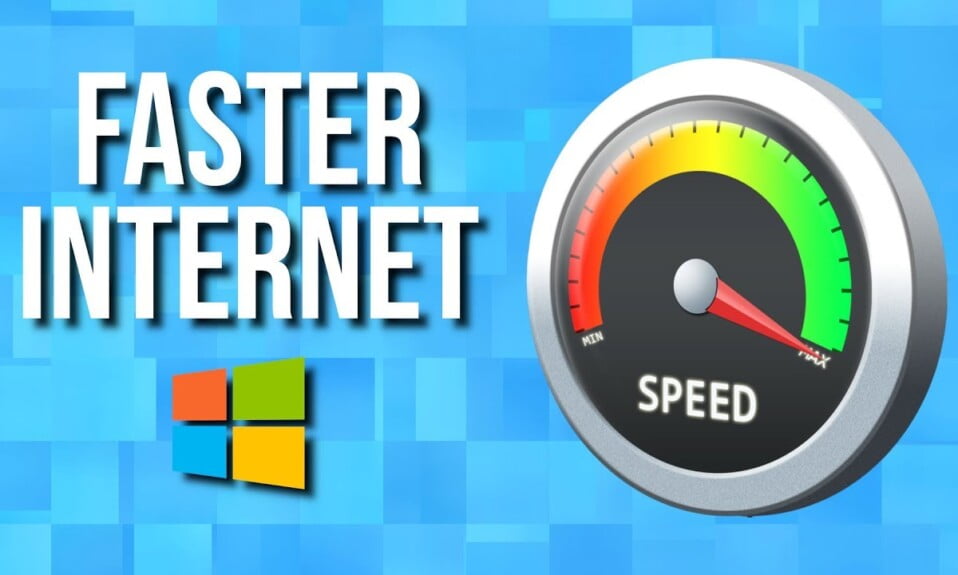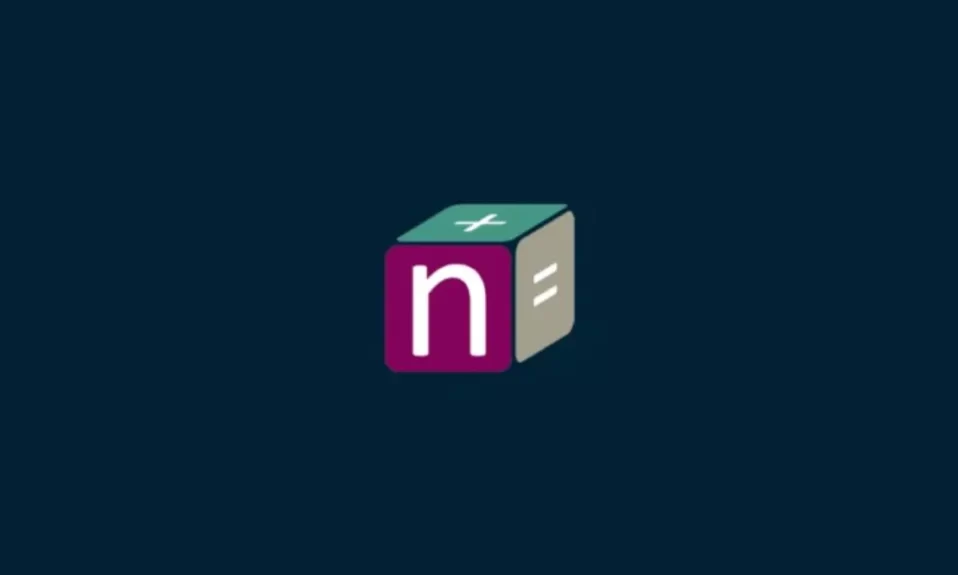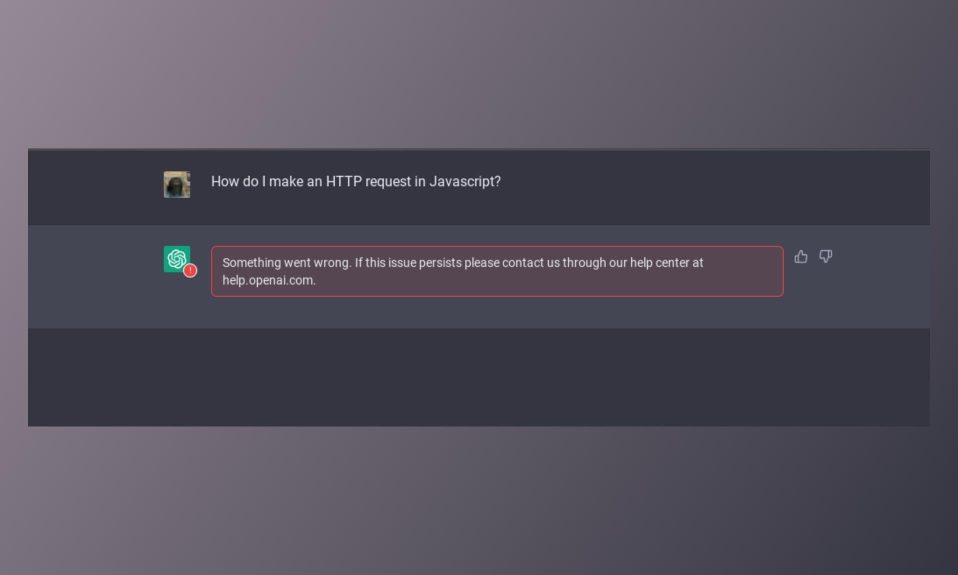Slow download speeds, unresponsive websites, stuttering online gaming, and buffering videos are all symptoms of a poor internet connection. In this detailed guide, learn how to optimize your network, Wi-Fi, or Ethernet connection to increase your internet speed on Windows 11.
Slow internet isn’t fun, especially if you’re working on something important that requires a fast connection. Fortunately, there are ways to increase your internet speed on Windows 11. How to speed up your internet connection on Windows 11 will be covered in this tutorial. There are a variety of approaches you can take to maximize your network’s performance.
By the way, do you have a slow internet connection? Because it’s such an annoying issue, most people will ponder how to improve their internet performance at some point on their Windows 11 PC.
We’re here to assist you. Let’s look at some standard Windows recommendations to see if we can improve your Windows PC’s internet speed faster.
Make Sure to Check the Speed of Your Internet Connection
To begin, go to the Speedtest website to assess the speed and quality of your internet connection. Simply press the Go button and wait a minute for the program to load.
- The number of milliseconds it takes to receive a response after sending a request to a server is referred to as ping. The lower this number, the better your server connection. This is particularly essential in online video games, where a high ping causes lag.
- The speed at which your computer can download data from external servers is measured in megabits per second (Mbps). You’ll be able to download files, stream video, and do other things faster if your download speed is better.
- Upload speed, often known as Mbps, refers to how quickly your computer can deliver data over the internet to other devices. You can accomplish operations like uploading files to a website faster if this speed is higher. Because most internet activity is centered around downloads, this statistic is frequently lower than your download speed.
Considering these factors, the term bandwidth is frequently used to define the quantity of data that can be transferred over the internet in a given amount of time.
Consider bandwidth to be a water line that leads into your home. If one person wishes to shower, they will have a wonderful time. However, when six people use the water at once in different locations, the pressure reduces for everyone.
The same principle applies to network bandwidth. It’s not a problem for one device to download massive files. When six devices on your network are all trying to stream 4K video, play online games, and do other things simultaneously, they can only use a percentage of the total bandwidth.
How to Increase Your Internet Speed on Windows 11
Let’s have a look at some modifications you may make to your internet speed on Windows. While you won’t be able to raise your ISP’s speed magically, you can make better use of the bandwidth you have.
1. Turn off any App that Uses a Lot of Network Resources
As previously stated, if one software uses the network significantly, other programs will suffer. As a result, if you’re experiencing poor connections, check to see what programs are using your network connection and, if required, close them.
To access the Task Manager on Windows, press Ctrl + Shift + Esc. If necessary, click More information to expand the window. To order running apps by their network utilization, click the network heading on the Processes tab.
If an app is hogging too much bandwidth, it should be closed to free up resources for other programs. This is especially vital if you want to do something network-intensive, such as online play games or upload videos.
The following are some of the most usual network offenders:
Dropbox and other cloud storage providers sync a large number of files.
Files are downloading in your browser using torrenting software.
Streaming video, particularly in 4K, to a site like Twitch
2. Examine Other Networked Devices
If your network connection is still slow after exiting apps, the issue could be with another device on your network. Someone else could be watching Netflix on their iPad, downloading files from their computer, or playing video games on their console.
In such instances, you should consult with other members of your household. With the suggestions listed below, you should be able to alter their systems or figure out a way to share the bandwidth better.
It’s also an ethical idea to look for frequent causes of Wi-Fi network slowdown. If you want to have numerous devices online at the same time conducting network-intensive activities, you may need to upgrade to a better connection plan with your provider.
3. Switch Wi-Fi Channels
Your wireless router uses a specific channel to broadcast. Certain channels can become clogged because of the significant number of Wi-Fi-enabled devices and the number of networks in densely populated locations such as apartment complexes.
If you only get poor internet speeds when you’re connected to Wi-Fi, changing the channel might help.
4. Modify the Delivery Options in Windows Update
A peer-to-peer sharing function is included in Windows 10 Update. This enables computers to share portions of updates they have downloaded with other computers. While it sounds like a good concept, in theory, it can waste bandwidth.
Go to Settings > Update & Security > Delivery Optimization to change this setting. By removing the Allow downloads from other PCs sliders, you can completely eliminate the update sharing option.
You can also enable this and pick the PCs on my local network option if you prefer. This prohibits your system from sending updates to unrelated machines on the internet while continuing to transmit them to other computers on your network. This could minimize overall bandwidth usage for updates in homes with numerous Windows 10 computers.
Click the Advanced settings link underneath these icons to fine-tune Windows 10’s bandwidth usage. You can use the checkboxes and sliders on this page to control how much bandwidth Windows consumes when downloading updates in the background or in the foreground. You can also set a restriction on how much bandwidth is used for uploads by the update sharing feature.
5. Apps’ Bandwidth Usage Should Be Limited
It’s excellent that you can limit Windows Update; you should consider doing the same for other programs. Some apps, such as backup and cloud storage, allow you to establish bandwidth limits in their settings.
For instance, you can choose Preferences from Dropbox by clicking its icon in your System Tray, then clicking your profile symbol. Select the Bandwidth tab in the resulting window to limit the Download and Upload rates.
What if you want to limit the amount of bandwidth an app uses but doesn’t have this built-in feature? On Windows, we’ve covered apps that enable you to limit the amount of internet bandwidth that programs utilize.
Go to Settings > Network & Internet > Status to see which programs consume the most data on your PC. Click the Data consumption button at the top of the page to see your current connection to see a breakdown of usage per app. This will help you figure out which ones you should limit.
6. Turn Off Metered Connections
You may make a connection metered in Windows 10. This is useful when you need to limit how much data you use on a cell provider’s Wi-Fi hotspot, for instance.
However, if you allow this option for your home network by accident, several apps and services may slow down to save bandwidth.
Return to Settings > Network & Internet to see if your current network connection is metered.
Click the Properties button that appears below your current connection name on the Status screen. If the Set as metered connection slider is on, deactivate it in this option under the Metered connection heading.
Check to see if your network connection operates as expected now that it’s turned off.
7. Modify the DNS Server
If none of the steps above have improved your Wi-Fi performance, you may want to change the DNS servers that your computer (or entire network) uses.
The Domain Name System (DNS) converts human-readable website names (such as maketechquick.com) into computer-readable IP addresses (like 23.111.167.173).
When your computer has to make a DNS request, it passes through a dedicated server. It most certainly uses your ISP’s DNS server by default, but switching to a different DNS server will often speed up your browsing.
Follow the steps to do the same:
- Launch Control Panel by typing it into the Start menu.
- If necessary, change the View by field in the top-right to Large icons or Small icons, then Network and Sharing Center.
- Click the link with the name of your connection next to the Connections.
Click the Properties button at the bottom of the resulting window—Double-click Internet Protocol Version 4 in the list that appears. Then click the Use the following DNS server addresses button at the bottom.
You must enter the addresses of the server you want to utilize here. To begin, consider using Google’s public DNS. To utilize it, type in the following addresses:
- 8.8.8.8 is the preferred DNS server.
- 8.8.4.4 is an alternative DNS server.
When you’re finished, click OK to confirm that you’ve successfully changed your computer’s DNS server.
Whether or not this has a significant effect depends on your location and Internet service provider. If Google’s choice doesn’t work, you might want to try another DNS server.
8. Perform Additional Internet Troubleshooting
We’ve covered some helpful Windows adjustments for increasing network speed. However, if you’re still experiencing slow speeds, you may need to conduct additional testing.
In that situation, you should think about what you should do if your Wi-Fi connection speed reduces. If your Wi-Fi speeds are consistently poor, it might be time to upgrade your router.
As you can see, Wi-Fi is at the root of many of these problems. If you can connect your computer to your router with an Ethernet connection, you’ll notice a significant improvement in your internet speed. You’ll get a speed that’s closer to what your ISP advertises if you use Ethernet. Amidst that, you may wish to change your ISP, in that case, here’s how you can avoid fees when moving your internet service.
Bottomline
We’ve looked at a few Windows tweaks that can help you increase your internet speed. They should, hopefully, reduce your current pace to a manageable level.
However, it’s worth noting that internet adjustments like this can only go so far. Your connection speed will never surpass the speed for which you pay your ISP.
If you reside in a rural region and have a poor connection, such as DSL or a low-cost internet plan, you may need to switch providers or upgrade your plan to enhance your speeds.
In other circumstances, when connected to the internet, your entire computer may slow down. This is a different issue.
The Bottom Line
We hope you find this guide helpful. If you have any doubts or queries, comment below using your name and email ID. If you liked this, don’t forget to check out our other How To guides. Here’s a guide to help you fix the missing WiFi option on Windows 11.













